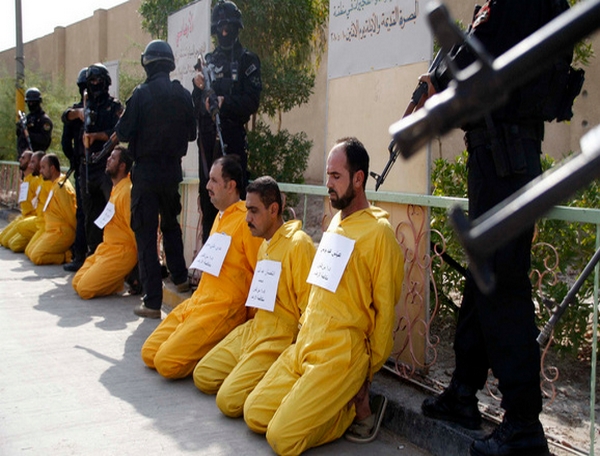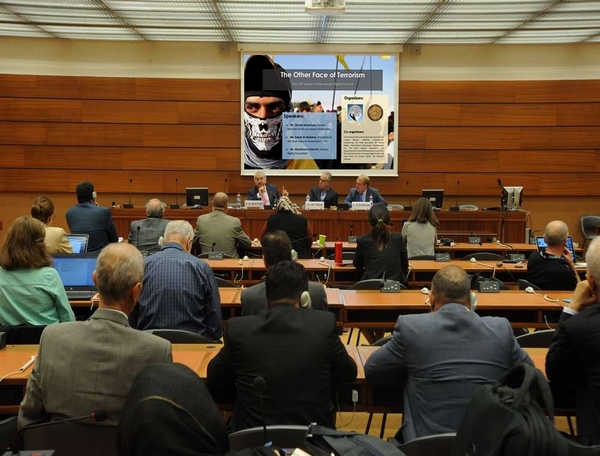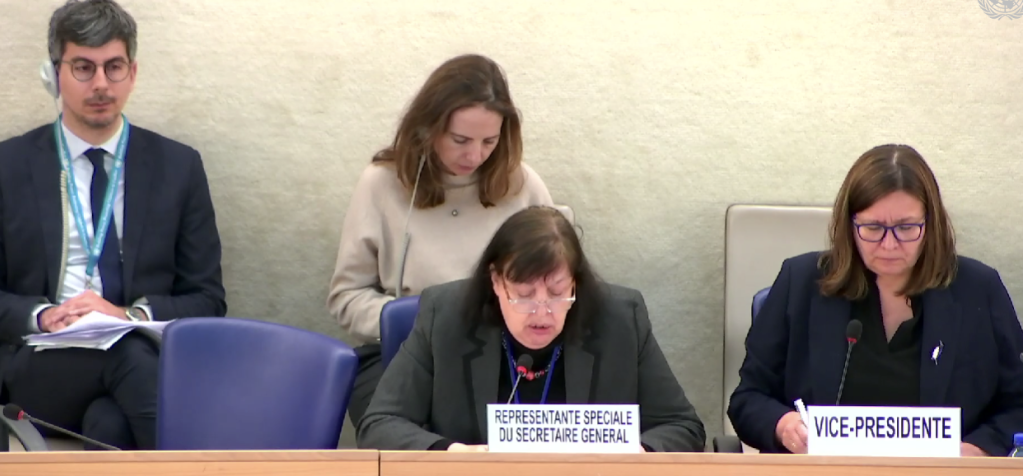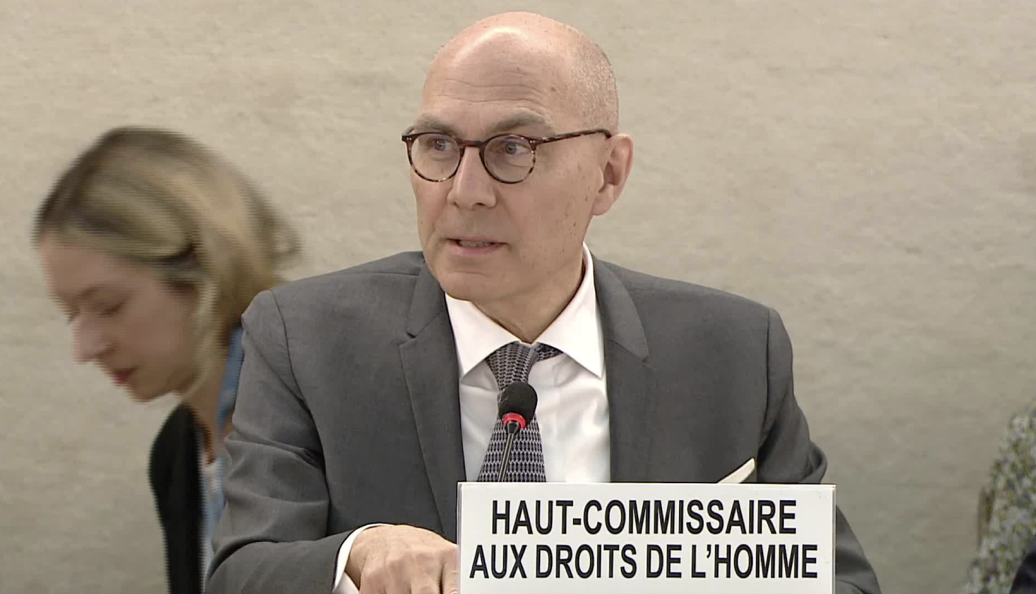Human Rights Violations in Iraq
Struan Stevenson MEP
President of the European Parliament’s Delegation for Relations with Iraq
Saturday, 11th May 2013
News agencies across the globe have carried horrific images of the dead bodies of unarmed protestors massacred by Iraqi government forces in the Sunni enclave of Hawija on 23rd April. Videos showed the desecration of the corpses of those killed and the wounded left lying in the streets. These troubling images have created fear and consternation in Iraq and left the wider world- community reeling in shock at the renewed chaos and violence in Iraq. The massacre allegedly carried out on the direct instructions of Iraqi Prime Minister Nouri al-Maliki, led to the deaths of 70 innocent people, with a further 270 seriously injured. Since the Hawija massacre, attacks on other protests and demonstrations have continued and protesters have been systematically assassinated.
Last week 21 political prisoners were executed. 33 more were executed in the month of April. The number of political executions this year alone has exceeded 70. Only China and Iran now execute more people. The UN High Commissioner for Human Rights - Navi Pillay - has strongly condemned these executions and has said “It is like processing animals in a slaughterhouse”. She has further declared that the judicial system in Iraq is “too seriously flawed to warrant even a limited application of the death penalty, let alone dozens of executions at a time.” Nevertheless, al-Maliki’s Minister of Justice has confirmed that there are another 150 prisoners on death row and that their sentences will be carried out shortly!
The inhumane treatment of Iranian refugees in Camp Ashraf and their forced relocation to the prison-like conditions of Camp Liberty near Baghdad, where they have been denied access to even basic necessities, further underlines the brutality of the new sectarian dictatorship that has taken root in Iraq. Unfortunately and disgracefully, this process has been endorsed and supported by the UN’s Special Representative in Iraq – Martin Kobler.
The recent provincial elections were influenced and controlled by Maliki and his security forces. There have been massive protests against the frauds reported in these elections and I have received numerous reports on the mishandling of election ballots. The opportunity to restore democracy to Iraq has once again been squandered.
Prime Minister Maliki’s dictatorial and repressive policies are leading Iraq towards a sectarian civil war that could engulf the entire region. The developing dictatorship has been clearly verified as repression, terrorism, injustice, discrimination, and judicial impartiality has taken hold.
The growing influence of the Iranian regime in Iraq has also given cause for international concern. It is now firmly believed that many of the terrorist bombings and attacks in public places have been perpetrated by Iraqi security forces in collaboration with the Iranian Quds Force. These terrorist acts are carried out to expand the circle of influence of the Iranian regime in Iraq and to help maintain Maliki’s tenuous grip on power.
Iran now clearly controls Iraq’s domestic and foreign policy. In collaboration with Maliki, Iran has been able to circumvent the international boycott against itself and has used Iraqi land and air space to supply arms and personnel to the murderous regime of Assad in Syria. Iranian revolutionary guards and Hezbollah fighters have been regularly despatched to Syria through Iraq. Iranian meddling in Iraqi affairs is part of the mullah’s grand strategy in the region that could push the entire region into a terrifying sectarian war.
If civil war is to be avoided in Iraq, then the recent call by the speaker of the Iraqi Assembly, Osama al-Nujaifi, along with many other religious and political opposition leaders, for the resignation of the current government and the establishment of a temporary authority that can oversee a fair and democratic national election, must be heeded. The US and EU must actively encourage this objective.
I also firmly believe that it is time for the UN to honour its obligation towards Iraq under Chapter VII of the United Nations Charter, by replacing the current UN Special Envoy to Iraq – Martin Kobler – with a competent, unbiased representative who seeks to work for the establishment of peace and stability to that country while, upholding the core principles of the UN.
Documenting and reporting human rights violations in Iraq
| Executions | Human Rights Violations in the context of fight against terrorism | Peaceful protests | ||||
 |
 |
 |
||||
 |
 |
 |
||||







